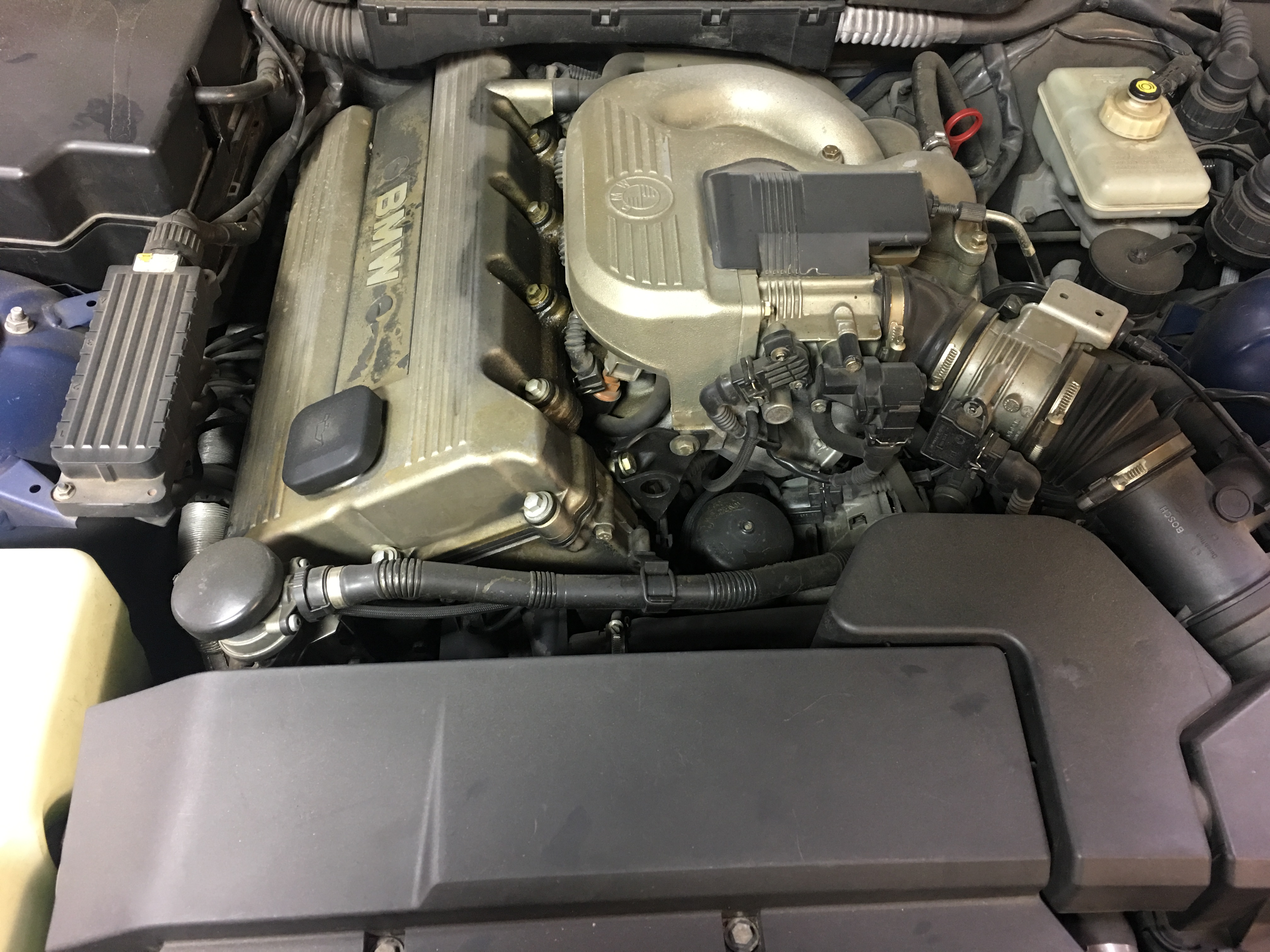Crucial Considerations for Picking the very best Engine for Your Requirements
In the world of picking the suitable engine to meet your needs, a number of crucial aspects demand careful consideration to make sure optimal performance and performance. From the nuanced balance in between power and efficiency to the often-overlooked elements of maintenance and solution requirements, each aspect plays an essential duty in identifying the most suitable engine for your specific needs. As the intricacy of engine technologies continues to advance, discerning the most suitable alternative requires a deep understanding of the interaction in between various considerations. By discovering the intricate web of aspects that underpin this decision-making procedure, a clearer path emerges in the direction of selecting an engine that not only satisfies however exceeds your expectations.
Power and Performance
When reviewing engines for ideal performance, it is vital to focus on both power outcome and effectiveness. Power outcome determines the capacity of an engine to create power, which directly affects its performance. A high power output is essential for demanding jobs such as high-speed needs or sturdy applications. It makes certain that the engine can manage the work properly and successfully. Power alone is not enough; efficiency plays a substantial duty in figuring out the overall efficiency of an engine. Performance describes just how well the engine transforms gas into useful power. A more efficient engine will supply much better gas mileage, reduced emissions, and minimized operating expense. Striking the best balance in between power outcome and performance is essential to selecting an engine that meets your certain requirements. When making this choice, it is important to take into consideration elements such as the planned use of the engine, ecological effect, and lasting cost effects. By very carefully examining both power and performance, you can choose an engine that delivers ideal efficiency and meets your demands properly.
Fuel Performance and Economy
In the world of engine choice, the factor to consider of gas efficiency and economy holds critical value. Gas performance describes the engine's capacity to transform gas right into energy with minimal waste, directly affecting operating expense and environmental sustainability. bmw 318ti. When choosing an engine, assessing its fuel economy is important to determine long-term financial savings and environmental impact. Engines with higher fuel efficiency not only decrease fuel expenses but also decrease carbon discharges, adding to a greener operation.

Compatibility and Application
Considering the fuel performance and economy of an engine, the following crucial element to address is its compatibility and application within details operational contexts. Compatibility refers to exactly how well the engine incorporates with the total system or equipment it powers.
Additionally, the application of the engine is just as vital. Different engines are created for specific purposes, whether it be commercial machinery, aquatic vessels, cars, or power generators. Comprehending the desired application allows for the selection of an engine that can provide the necessary power result, torque, and functional features. A high-revving engine designed for performance automobiles would certainly not be ideal for sturdy building devices that needs high torque at low speeds.
Upkeep and Solution Requirements
Upkeep and solution demands play an important duty in ensuring the longevity and ideal efficiency of an engine. Normal upkeep is vital to protect against breakdowns, prolong the life expectancy of the engine, and keep its efficiency. When choosing an engine, it is official website essential to consider the supplier's recommended maintenance schedule and the accessibility of service facilities or qualified technicians.
Factors such as the frequency of oil changes, filter substitutes, and general assessments can significantly impact the engine's performance. Some engines may require more frequent servicing based upon their layout and use, while others might have longer periods in between maintenance checks. It is important to follow these solution needs to stay clear of pricey fixings and unforeseen downtime.

Price and Budget Plan Considerations
Spending plan restrictions commonly play a considerable function in the decision-making process when picking an engine for a certain application. When taking into consideration the cost and budget plan effects of selecting an engine, it is vital to assess not just the initial purchase cost yet also the long-lasting costs connected with maintenance, fuel consumption, and potential upgrades or repair services. It is vital to strike a balance between the ahead of time cost of the engine and its overall lifecycle costs to ensure that the picked engine continues to be monetarily sustainable throughout its functional life-span.
Aspects such as fuel effectiveness, longevity, and dependability can straight view influence the complete price of possession of an engine. While a more costly engine may have greater ahead of time prices, it might potentially cause lower upkeep and gas expenses in time, therefore offering much better worth in the future. Furthermore, thinking about the schedule and expense of spare parts, as well as the ease of maintenance and solution, can help protect against unexpected monetary strain in the future. By thoroughly evaluating these cost and spending plan considerations, you can make an educated choice that straightens with your functional needs and financial restraints.
Conclusion

Fuel efficiency refers to the engine's ability to convert fuel right into power with very little waste, directly influencing operating expenses and environmental sustainability.Aspects influencing gas effectiveness consist of engine layout, burning efficiency, and overall efficiency optimization. In addition, picking the suitable gas kind and quality as recommended by the engine manufacturer can better enhance effectiveness and lengthen engine life-span.
Engines with read the full info here good utility functions and readily offered parts can reduce upkeep prices and minimize the time the engine is out of procedure - bmw 318ti. It is essential to strike an equilibrium between the in advance expense of the engine and its overall lifecycle costs to make certain that the picked engine remains financially sustainable throughout its operational lifespan